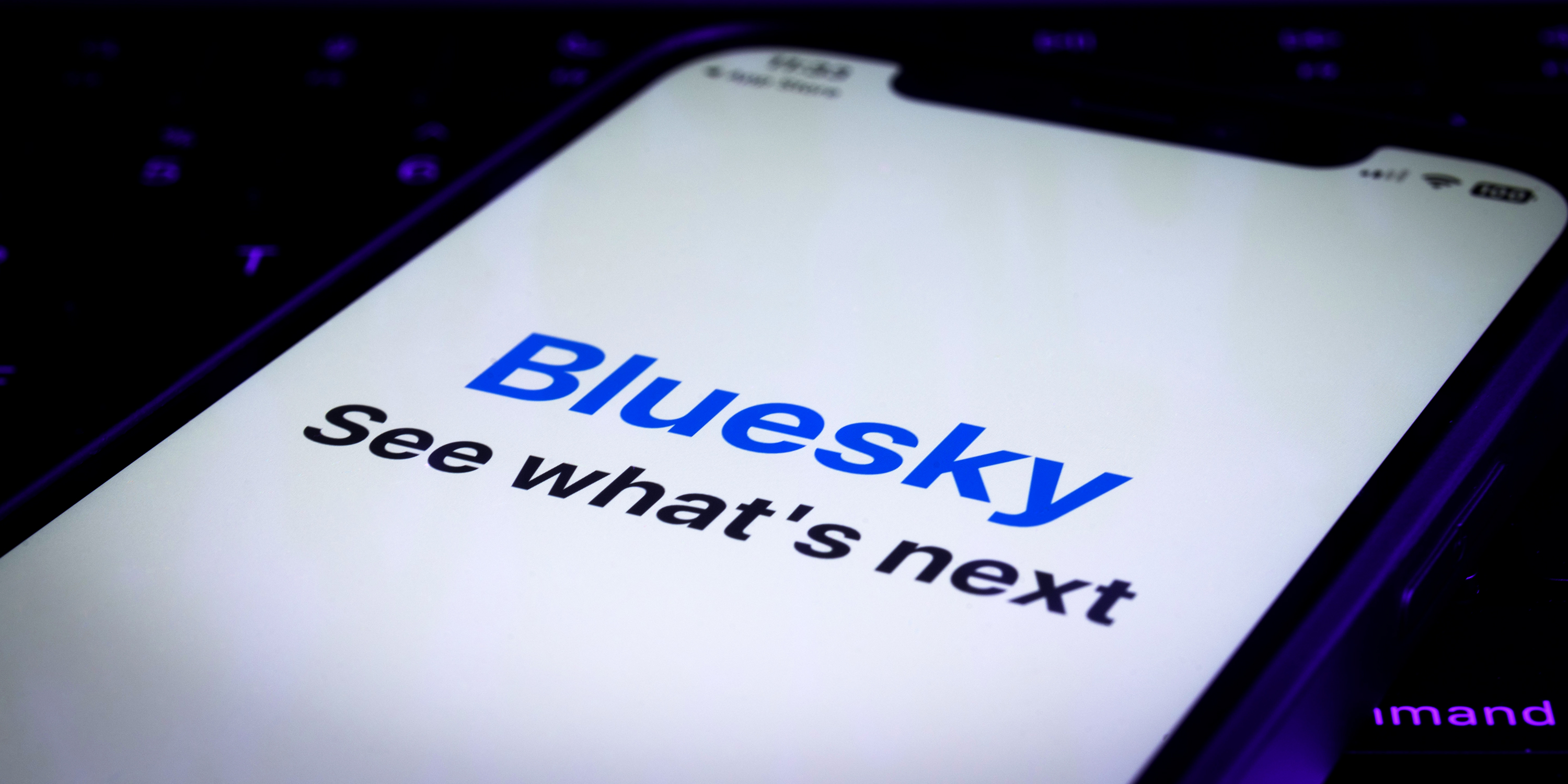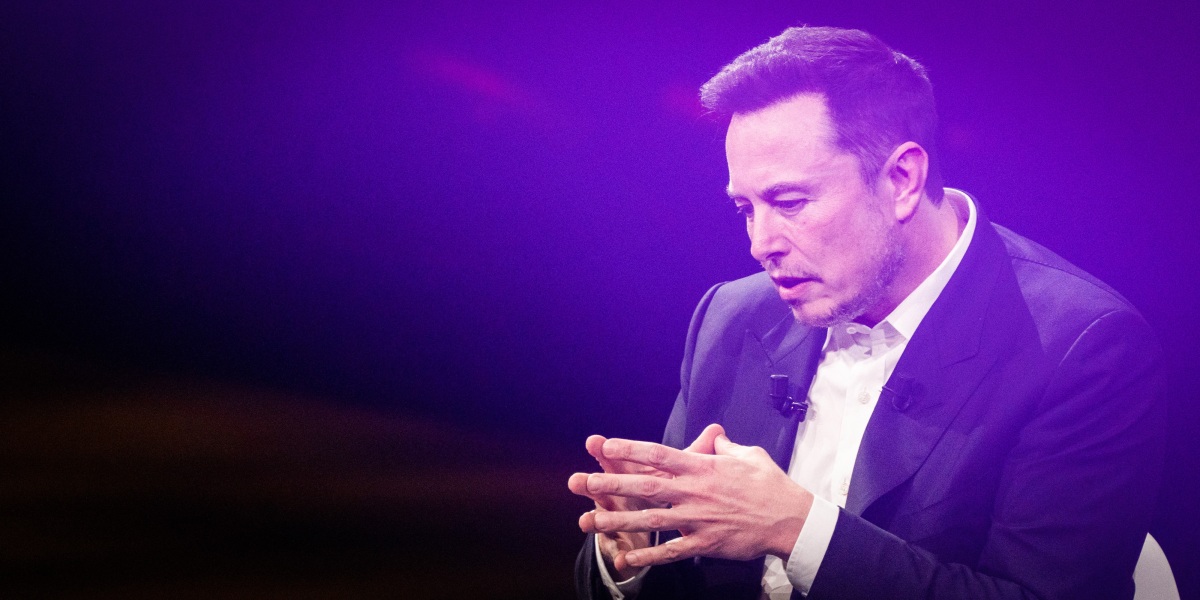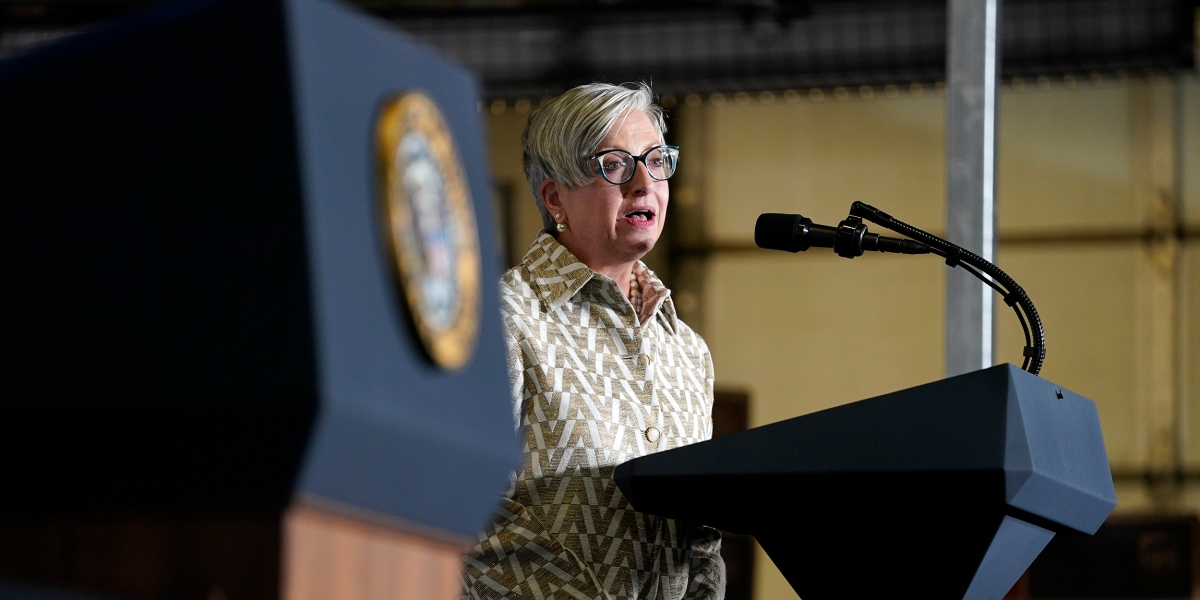For someone who hasn’t been on Twitter since it became a safe space for the far right under Elon Musk’s leadership, the new invite-only social media network Bluesky can feel like a nostalgic breath of fresh air. The vibes are great. A lot of old communities from Twitter that never quite made the jump to Mastodon — a harder-to-use federated social network — have shown up in Bluesky.
Like Mastodon, Bluesky is an open-source, decentralized social network. Unlike Mastodon, which is notoriously confusing for the uninitiated, it’s simple to get started on Bluesky. The user interface is clean and familiar to people accustomed to modern commercial apps. Bluesky embraces user control over their timelines, both in terms of algorithmic choice — the Mastodon project is hostile to algorithms — and customizable content moderation.
There are other fundamental differences between the two projects. While Mastodon is a scrappy nonprofit, Bluesky PBLLC is a for-profit startup. And while Mastodon is a vibrant network of thousands of independent social media that federate with each other, Bluesky’s “decentralization” is only in theory. So far there’s only one site that uses Bluesky’s decentralized AT Protocol, and that site is Bluesky Social.
It is mostly for these and related reasons that people on Mastodon get very defensive when Bluesky comes up. “Why are you helping oligarchs test their products? Are they paying you or do you do it out of sheer loyalty?” one stranger asked me when I posted about some of Bluesky’s creative moderation features that had recently dropped.
Amid the noise, though, there are genuine concerns about how Bluesky is operated and what the people behind it aim to do. It’s wise to remember that the company started off with $13 million of funding from pre-Musk Twitter, when Jack Dorsey, who is now at Bluesky, was CEO.
The history and the arrangement raise several questions: Who owns Bluesky PBLLC? What is the role of Dorsey, who famously tweeted about Musk’s purchase of Twitter that “Elon is the singular solution I trust”? What is Bluesky’s business model? What prevents another Elon Musk from buying Bluesky PBLLC and destroying it 10 years down the line? Many of the answers are out there — many even posted to Bluesky itself by its employees. Since Bluesky is still a private invite-only site, here are some of these answers for Bluesky skeptics to see.
Who Owns Bluesky?
“Bluesky, the company, is a Public Benefit LLC. It is owned by Jay Graber and the Bluesky team,” according to the site’s Frequently Asked Questions page. This is exactly what Jeromy Johnson, a former engineer for the distributed file system IPFS and a technical adviser to Bluesky who goes by Whyrusleeping, said when asked in early April.

Bluesky technical adviser Jeromy Johnson’s post about who owns Bluesky PBLLC.
Screenshot: Micah Lee/The Intercept
One user — who like nearly everyone else on the site was psyched to be essentially tweeting but without having to deal with Twitter — inquired who owns Bluesky. Why said that “the founding team holds the equity” and that Dorsey himself is not an owner. (You can verify that Why is part of the Bluesky team because of how self-verifying handles work in the AT Protocol; only people who control the domain name bsky.team are able to have handles like that.)
When asked for clarification about Bluesky’s ownership, Emily Liu, another member of the Bluesky team, told me that Bluesky has been offering employees equity as part of their compensation packages, as is a common practice with startups. She also confirmed that Bluesky PBLLC’s board consists of Graber, Dorsey, and Jeremie Miller, inventor of the open and decentralized chat protocol Jabber.
For burgeoning Twitter skeptics, this should be good news: a much better arrangement than if it were owned by Dorsey or, worse yet, if it were a subsidiary of Twitter. The arrangement also explains why Bluesky PBLLC appears on Dun & Bradstreet’s list of minority and women-owned businesses: Jay Graber, Bluesky PBLLC’s CEO and primary owner, is a woman of color.
What About Twitter’s Role?
In December 2019, Dorsey, who was Twitter’s CEO at the time, announced that the company was funding Bluesky, which he described as “a small independent team of up to five open source architects, engineers, and designers to develop an open and decentralized standard for social media.”
This ultimately turned into the independent company Bluesky PBLLC, incorporated in late 2021, with $13 million in initial funding from Twitter.
Does Twitter, with Musk at the helm, have any power over Bluesky now? As is the habit of other Bluesky team members, Graber explained the situation on Bluesky. According to Graber, she “spent 6 mo of 2021 negotiating for bluesky to be built in an org independent from twitter, and boy was that the right decision.” In response to another question, Graber confirmed that Bluesky doesn’t “owe” Twitter anything.

Jay Graber’s post explaining that Bluesky doesn’t owe Twitter anything.
Screenshot: Micah Lee/The Intercept
Bluesky PBLLC is 100 percent independent from Twitter and Elon Musk.
What is a Public Benefit LLC?
In the name Bluesky PBLLC, PB stands for Public Benefit. PBLLCs are a relatively new type of corporation that’s designed for companies that want to promote a general or specific public benefit as opposed to just making a profit.
When whistleblower Chelsea Manning asked why Bluesky chose to incorporate as a PBLLC, Graber explained her reasoning.

Jay Graber’s post explaining why Bluesky formed as a Public Benefit LLC.
Screenshot: Micah Lee/The Intercept
According to Graber, they chose PBLLC because it was fast to form and because “being Public Benefit means shareholders can’t sue us for pursing mission over profit.” The mission appears to be the design and promotion of the AT Protocol and its ecosystem of (eventually) other social networks that federate with Bluesky Social, along with the larger Bluesky developer community that has sprung up.
Liu, who answered some of my questions, did not respond when I asked for the exact language the Bluesky PBLLC used to describe its public benefit mission when incorporating the company. She also didn’t say whether the company would publish its annual benefits reports — reports that PBLLCs are required to create each year, but PBLLCs incorporated in Delaware, where Bluesky was incorporated, are not required to make them public.
In her email, Liu said, “We’re generally not taking interviews right now because we’re heads down on work.”
Bluesky’s Business Model
AT Protocol is open, and the code that powers Bluesky Social is open source. Yet Bluesky PBLLC is still a for-profit company. How do they plan to make money? “We’ll be publishing a blog post on our monetization plans in a few weeks, and we’ll share more then,” Liu told me.
In the meantime, the team has openly discussed hints of some of their potential plans on Bluesky. According to Why, advertising might play a role in the future.

Jeromy Johnson’s post about if Bluesky will have ads.
Screenshot: Micah Lee/The Intercept
And Paul Frazee, an engineer who’s been livestreaming his Bluesky coding, hinted that the company may be considering some sort of paid subscription component. “[H]ypothetically speaking,” Frazee asked in a post, “if bluesky ever did a paid subscription thing, what would we call it.” Though Frazee was also quick to point out that he’s not as terrible at business as Musk is and wouldn’t use paid subscriptions to destroy the product — à la Twitter’s $8-a-month “verified” blue checkmarks.
Regardless of how Bluesky PBLLC eventually monetizes its product, if it gets its way, this monetization would only affect users of Bluesky Social. In the future, if you didn’t like the ads you were seeing in Bluesky, for example, the AT Protocol would allow you to take your account, including your handle, your followers, and all your posts, and move to a different social network you like better, so long as it also used the AT Protocol.
Resilient to Billionaires?
If we learned anything from Twitter over this last year, it’s that you can’t trust billionaires. By all accounts, the owners of Bluesky appear to be genuinely interested in remaking social media so that users have control instead of big tech companies like Twitter. But it’s possible that one day they could become seduced by obscene amounts of money to sell their shares of the company to an Elon Musk character who is hellbent on owning the libs. What would happen then?
Part of the problem with Twitter’s demise is that so many people have spent the last decade building up an audience there, making it very hard to finally pull the plug and start over from scratch somewhere else — even after several months of Musk’s policies have rapidly made the site more toxic and less useful at the same time.
The whole idea behind the AT Protocol, though, is that if you don’t like Bluesky Social for whatever reason, you can simply move to a rival social media site without losing your data or social graph. This is called “account portability,” and it’s baked into the core of the AT Protocol. It’s also a feature that Mastodon doesn’t support; it is possible to move your Mastodon account from one server to another and keep your followers, but only if your original server cooperates, and you’re willing to lose your old data.
So hypothetically, if a billionaire one day buys Bluesky PBLLC and ruins it, it won’t matter. Anyone who doesn’t like how Bluesky Social is run can simply switch to a rival service without losing their post history or their followers. When Musk took over Twitter and starting bringing back neo-Nazis and banning antifascists, imagine if you could have simply ported your account over to another social media site and then just kept tweeting like normal. That’s the promise of the AT Protocol.
Account portability is exactly how, once it begins to federate with other servers, Bluesky hopes to avoid the confusion that Mastodon is famous for. As Frazee explained, keeping Bluesky easy to use is a top priority.

Bluesky engineer Paul Frazee’s posts about emphasizing a good user experience.
Screenshot: Micah Lee/The Intercept
Bluesky’s usability plan is simple: When you install the app and create an account, you’ll get an account on the default server, Bluesky Social (unless you already have a preference). Then, at any point after that, you can simply move your account to any other server that you prefer.
Of course, account portability is only possible if there are other AT Protocol sites to port your account to, and so far, Bluesky Social is the only one.
“Right now, Bluesky is the only option because we haven’t launched federation yet, but we’ll be starting with a sandbox environment for federation soon,” Liu told me, mentioning a recent blog post that gives an overview of how it will work. “Other companies are working on Bluesky and atproto integrations already, and when the federation sandbox launches, we’ll work with community developers and external teams to build more on the AT Protocol.”
It’s too early to tell whether Bluesky will succeed, but if it works out the way the team hopes, social media users will have far more power and tech companies — and the billionaires who own them — will have far less.











